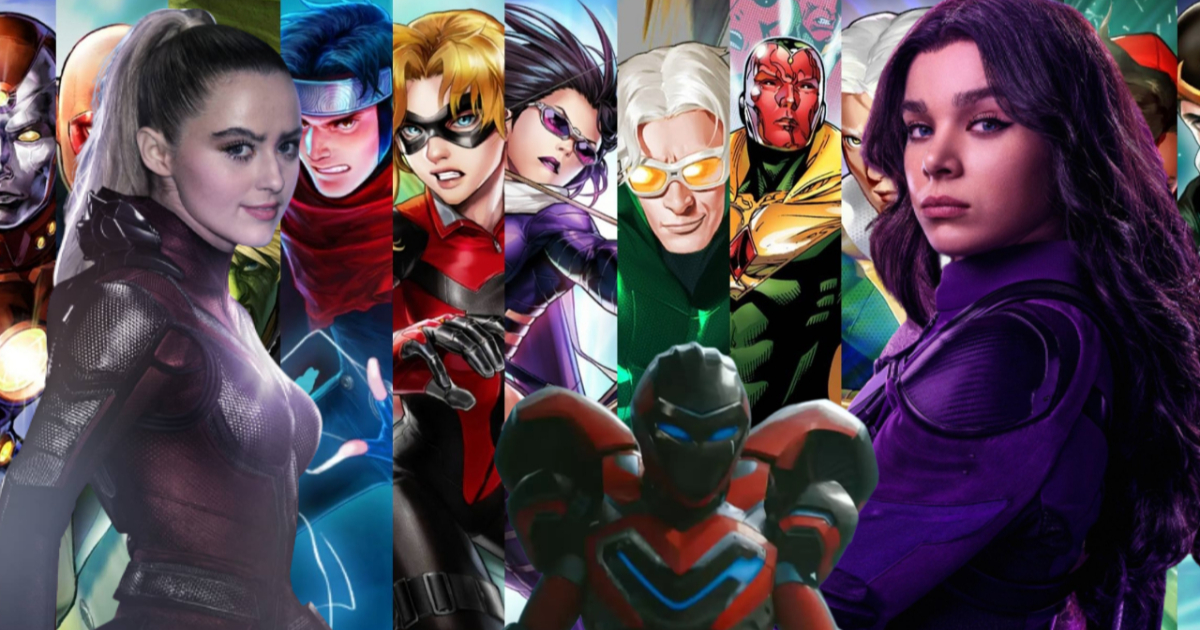
For pressured winter sports, getting the Olympics back to NRK is a gift. For the state channel, the new rights create several dilemmas.
There was no way to celebrate when NRK could announce that the Olympic Games are returning to the public broadcaster.
The “Olympic adventure” was the characterization from the chief editorial officer, while the sports chief looks forward to “bringing the nation together, so that we can all cheer on our sporting heroes”.
Here, there will be a sports festival on all state-funded surfaces from 2026 and the next four Games.

The news will probably be received exceptionally well by both the Norwegian Sports Confederation, affiliated special associations and active athletes.
There is something safe and guaranteeing that the biggest and strongest player prioritizes the Olympics as much as it does now, in times where there is otherwise a lot of cutbacks at Marienlyst.
Discovery has handled the broadcasts from the last Olympics just fine, but for many it will probably feel like “coming home” that there will be an NRK logo in the corner when the gold is to be secured.
Not least for winter sports, which experience pressure from many sides in climate-critical times, there must be something protective about being under the wings of the ice during the biggest championship.
It is no wonder that the editors at NRK let loose the jubilation over the news, after one right after another has disappeared over many years. There is no doubt that the Olympics end up in an environment with considerable expertise around the dissemination of great sporting moments.
At the same time, there are some pressing questions in the midst of the NRK euphoria.
Journalistically, it will be interesting if the focus becomes one-dimensional on the Olympic Games as a sporting event, or if the rights holder will also use force on the countless shadow sides.
As is well known, the Olympics are managed by an undemocratic organisation, where history is full of examples of the host nation having problems after the circus has left.
Every single Olympics since 1960 has blown the budget, and the average overrun is 172 percent. According to Danish professor Bent Flyvbjerg, the Games from Beijing in 2008 to Rio de Janeiro in 2016 cost an average of NOK 110 billion. In addition, there is the development of various infrastructure that an award triggers.
From a sustainability perspective, it is highly debatable whether such gigantic events are the best way to conduct international competitions in the future. In addition, we have seen various problems of various kinds arise after, among other things, the games in Rio de Janeiro, Sochi, Tokyo and London.
During the football World Cup in Qatar, NRK, like several large media houses, was finally well on the non-sporting ball after many years of neglect. How will the Olympic balance be going forward?
The broadcasting manager also has a communication challenge around defending the investment, given the demanding times we live in.
The line that has been chosen so far is to argue that the Olympic purchase is about other money than that found in this year’s budget, since the rights only kick in from 2026.
Therefore, the current cuts have nothing to do with the current economic problems, if we are to believe Vibeke Fürst Haugen.
It is of course technically correct, but the financial Olympic zeal can quickly be used against the management if there are more restrictions in other areas in the future.
For reasons of competition, we do not get to know how much NRK puts into the Olympic pot, but there will always be a relevant discussion of how deeply it is reasonable that a tax-financed media player should spend on expensive sports rights.
It will also be interesting whether the editorial Olympic changing of the guard will speed up the discussions about possible new games on Norwegian soil.
At the time of writing, there are more questions than answers, but it is probably good news for the Lords of the Rings to get the countries in the EBU (European Broadcasting Union) on board.
It can help to strengthen the legitimacy of an event that can otherwise be argued to be about to expire.

